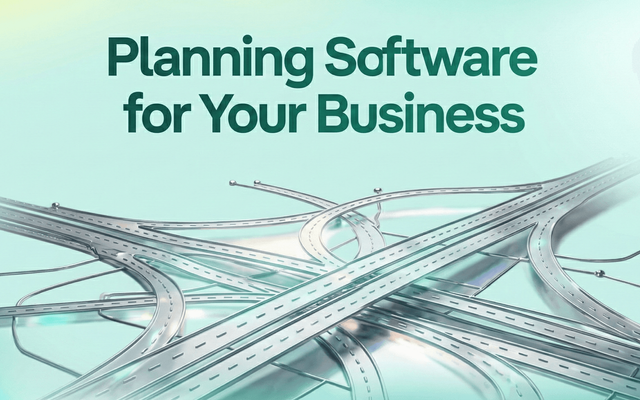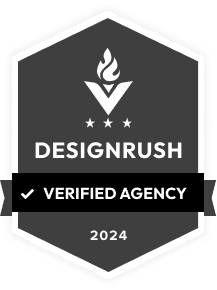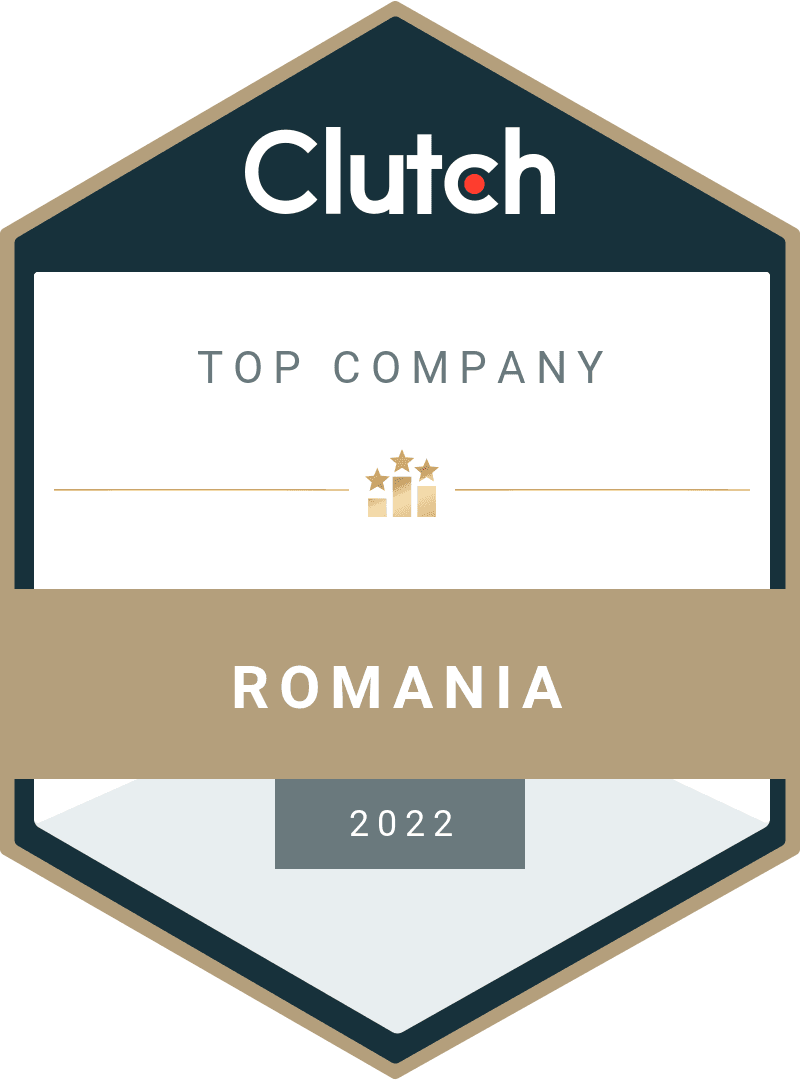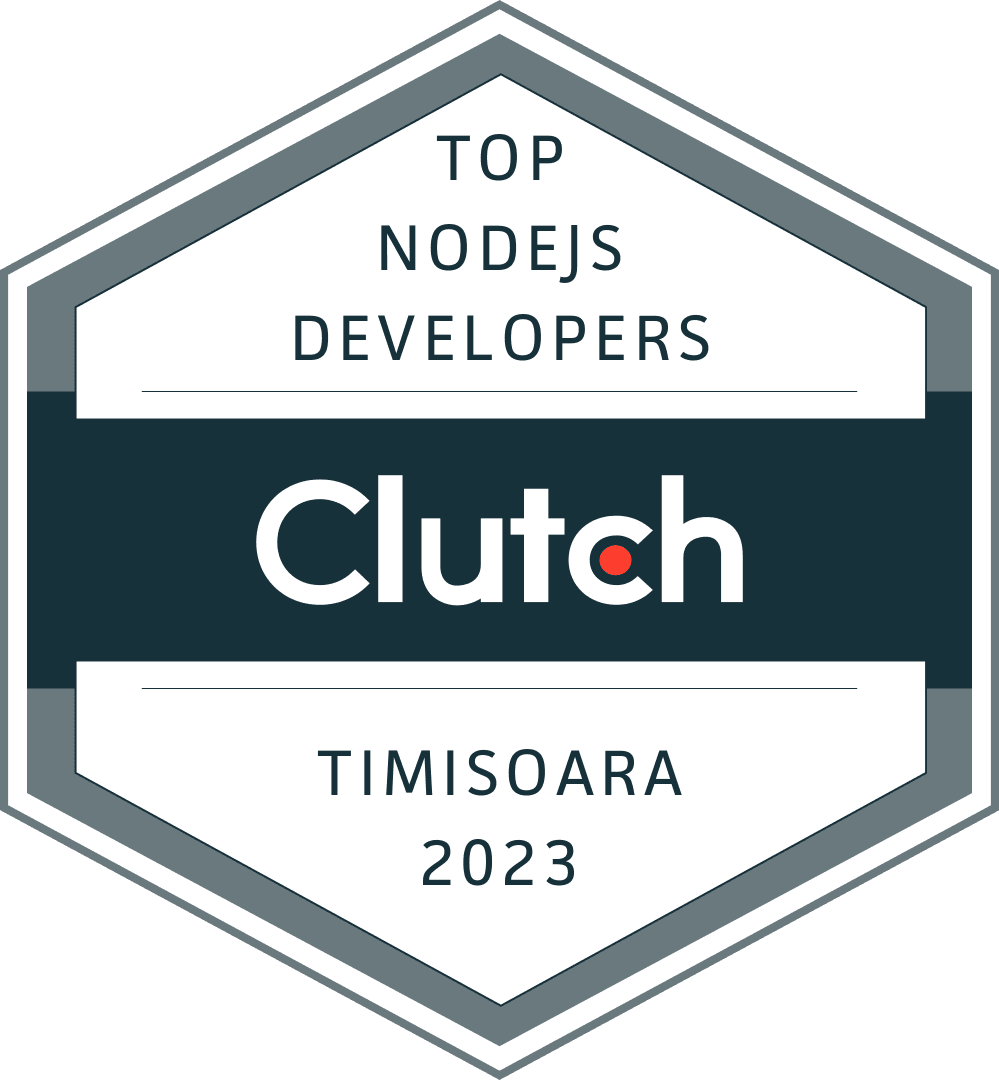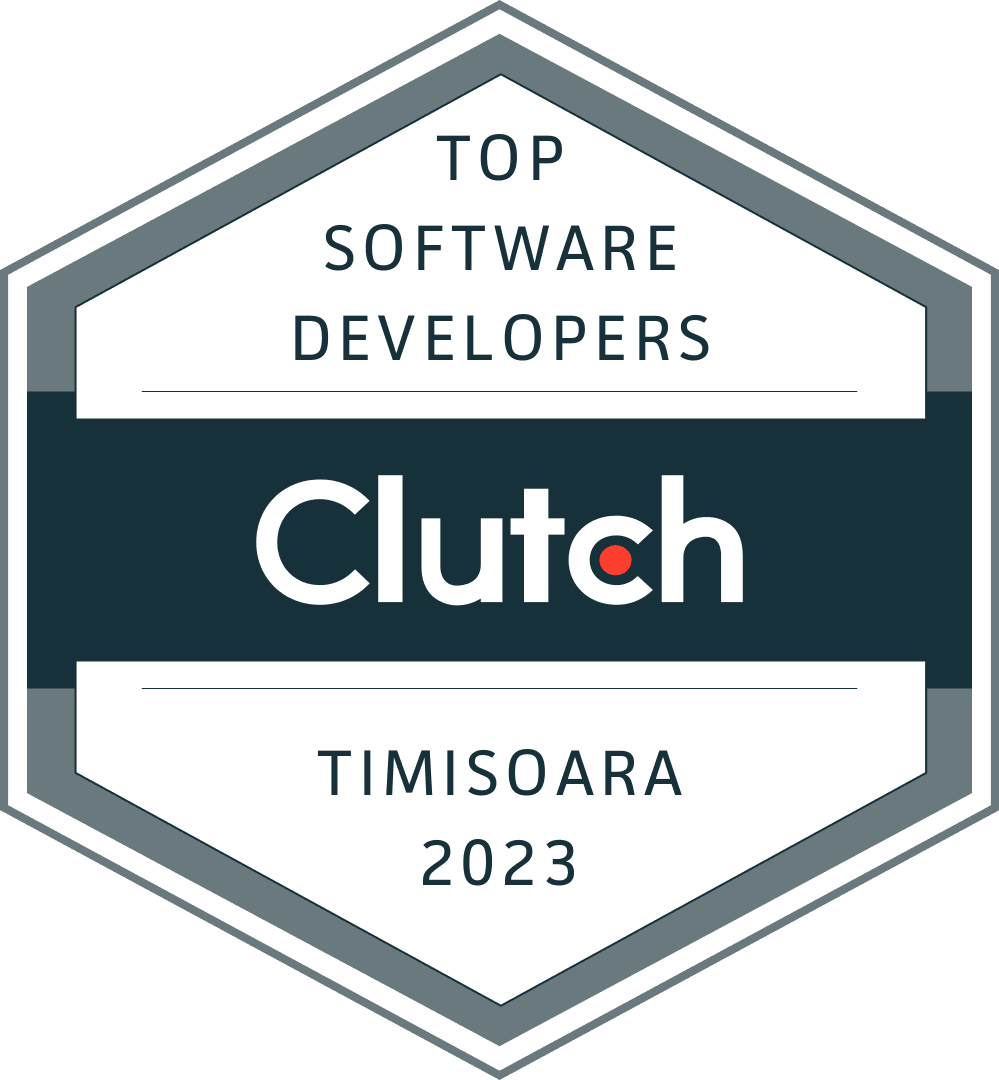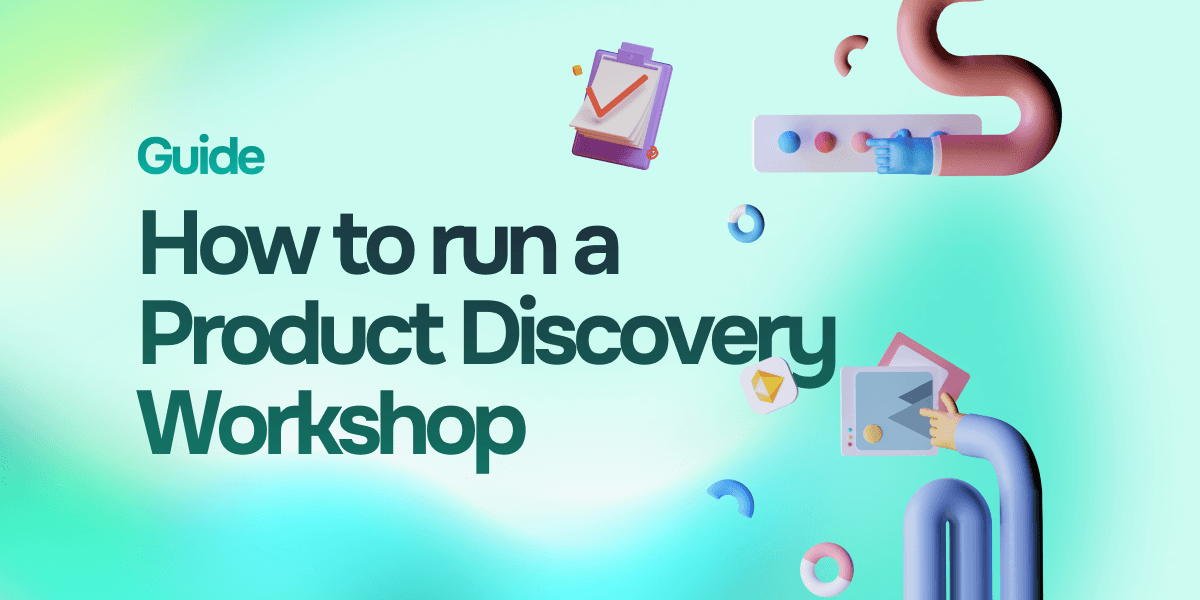
Running a product discovery workshop is an essential process for teams aiming to efficiently develop new products or refine existing ones. As mentioned in our article From Planning to Launching: Checklist for App Development a Product Discovery Workshop is a mandatory process to maximize the chances of delivering a successful product. This workshop follows a structured format that helps teams capture and define problems or opportunities, ideate solutions, plan for execution, and anticipate potential risks.
Product discovery workshops require a flexible approach, as no single method fits all projects. An experienced facilitator can tailor these workshops effectively, engaging clients who are often domain experts to guide them to discover insights themselves. This framework adapts seamlessly across different scales, from startups to large enterprises, ensuring relevance and utility regardless of the project's size or complexity.
Understanding how to run a discovery workshop effectively is just the beginning; let's now explore specific solutions and tools that can enhance these sessions and drive even better outcomes.
Preparing for the Workshop
Set Clear Objectives: Clearly define what you hope to achieve with the workshop, whether it's identifying new product features, enhancing existing ones, or solving specific user problems.
Prepare the Right Tools: Ensure you have all the necessary tools for an effective workshop. Utilize platforms like:
Coda for managing documents and workflows
Miro for visual collaboration and mapping out ideas
FigJam for interactive brainstorming and design ideation.
These tools facilitate real-time collaboration and help keep all participants engaged and organized. There are so many tools available today that you can easily find a free or cost-effective tool that meets your specific needs, ensuring that all participants can collaborate effectively and stay engaged throughout the process.
Running the Workshop
Running a software product discovery workshop involves a cyclical process that effectively bridges the gap between your needs and the final product features. Each cycle within the workshop is designed to meticulously refine and validate the product concept through a series of steps:
Splitting into small problems: extract a specific problem from you, which sets the foundation for the cycle.
Solution Exploration: Next, assess if you have a potential solution in mind. If not, the supplier shall explore what an ideal solution might look like.
Documentation: All details are meticulously documented using specialized tools which helps in keeping the information structured and accessible. We at Webamboos are using Coda.
Technical Requirements: The team collaborates to write and optimize technical requirements, ensuring that all technical perspectives are considered.
Design Prototyping: A design prototype is then prepared to ensure that your vision aligns with the provider's interpretation, mitigating any discrepancies in understanding.
Presentation and Feedback: The design and technical requirements are presented to you for feedback, ensuring clarity and mutual agreement.
This structured approach not only ensures a thorough understanding and agreement on what is to be built but also aligns it closely with your expectations and the project's technical constraints.
Timeline for an Effective Product Discovery Workshop
The cycles described in the software product discovery workshop are iterative and are typically repeated several times to cover the entire product, particularly focusing on the critical functionalities. It's important to note that each meeting or call doesn't need to tackle just one problem; addressing multiple issues in a single session can significantly speed up the process. Depending on the project's complexity, the entire workshop can be conducted smoothly, sometimes requiring only 2-3 calls to discuss all necessary points.
However, for more complex projects, a more extended timeline may be necessary. We recommend scheduling 2-3 meetings or calls per week, each lasting about 2-3 hours. This duration is optimal as it is not too lengthy to strain focus, yet sufficient to gather substantial information and make meaningful progress. Conducting sessions 2-3 times per week helps maintain a steady focus on the product without overwhelming the participants.
Overall, the entire process should ideally not extend beyond 2-4 weeks. Prolonging the discovery phase can lead to losing focus and getting into too many details, making the process less productive.
Essential Deliverables of Product Discovery Workshops
Ensuring each product discovery workshop yields tangible outcomes is crucial, and it's vital that these sessions conclude with specific deliverables. While different providers may offer various types of deliverables, certain key ones are important for a comprehensive understanding and effective implementation of the product vision. These essential deliverables include:
Technical Requirements for Core Functionalities: Detailed documentation that outlines the technical specifications.
User Flows: Visual or descriptive representations of the user’s journey through the product, highlighting how they will interact with its features from start to finish.
Design Prototype for Core Functionalities: Early versions of the product’s design, focusing on its primary functionalities to provide a tangible look and feel of the final product.
Milestones: Clear markers that delineate how the entire product is split into phases and when to expect the completion of certain features.
Timeline: A detailed schedule that outlines the key milestones from the initial stages of development to the expected completion.
Estimated Cost: A preliminary budget estimate that covers the expected financial outlay required to bring the product from conception to launch.
It's very important to understand that all the deliverables shall become your property after delivery and to be used with your team for development planning.
Other Important Factors
Product discovery workshops, though they come with an initial cost, often lead to substantial financial benefits. In many cases, the optimizations and insights gained from these sessions can not only offset the cost of the workshop itself but also lead to further cost reductions in the development process—typically between 20-40%, especially when conducted by an experienced provider. Moreover, these workshops serve as an excellent preliminary interaction with a potential agency, allowing you to assess their compatibility with your project needs. This minimizes the risks associated with development costs significantly due to not choosing the right software company.
Additionally, the structured approach of a workshop helps in organizing all your project ideas and requirements clearly. This organization is crucial for communicating effectively with software agencies and can significantly enhance the accuracy of the cost and timeline estimates provided by them. Thus, investing in a well-run product discovery workshop can streamline your entire development process, making it more efficient and aligned with your strategic objectives.
The product discovery workshop is not merely a step for the provider to understand the product you want to build, it will help, but you don't need to make out of this a purpose. Throughout this process, it's important to maintain a strategic overview, focusing on optimizing the product by identifying key features and understanding their importance. This approach enables you and your team to make informed decisions about what features are essential for the initial launch and which ones can be deferred to subsequent releases. This prioritization is guided by a careful evaluation of the timeline and costs involved, ensuring that the development process is both efficient and aligned with business goals. The workshop's structure is designed to streamline these decisions, making it a vital tool for both clarifying project scope and setting realistic expectations for product rollout.

